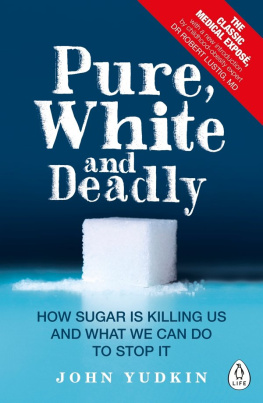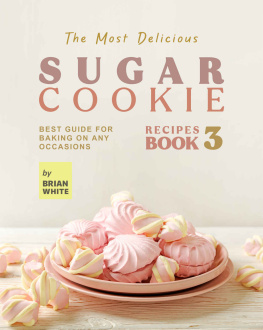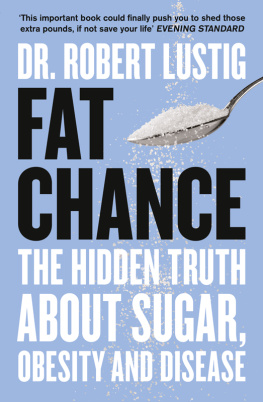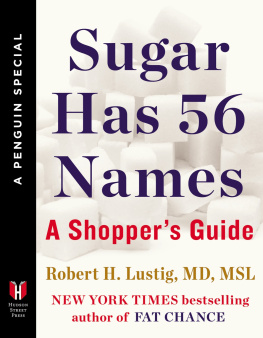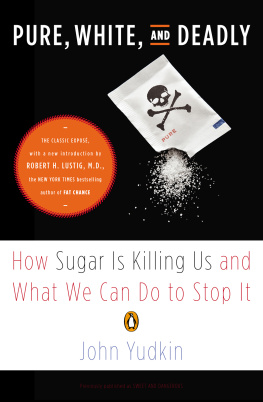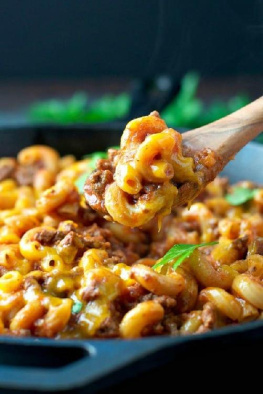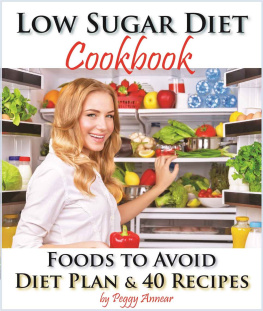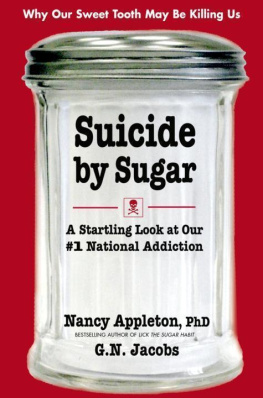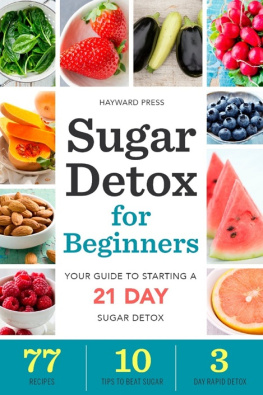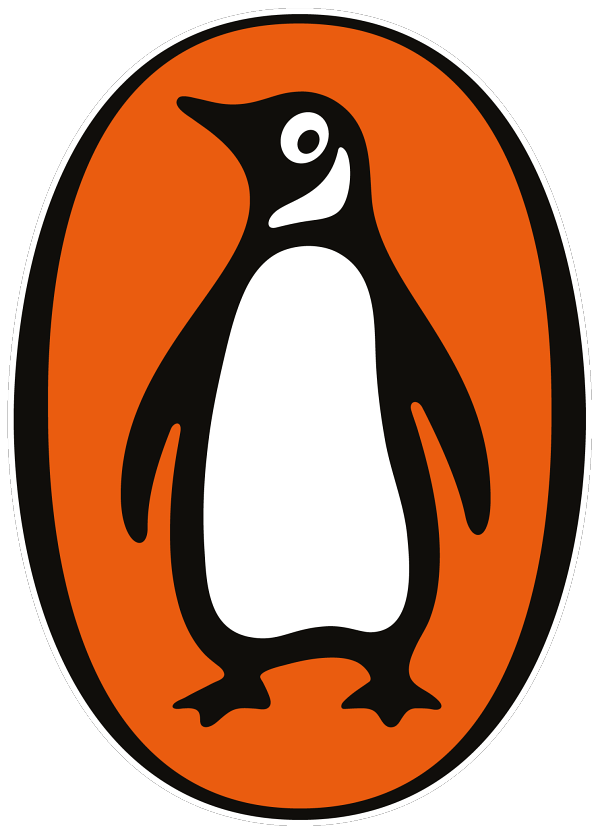John Yudkin
PURE, WHITE AND DEADLY
How Sugar is Killing Us and What We Can Do to Stop It
With a new introduction by Robert H. Lustig, MD
PENGUIN BOOKS
PURE, WHITE AND DEADLY
John Yudkin (8 August 191012 July 1995) was a British physiologist and nutritionist, whose books include This Slimming Business, Eat Well, Slim Well and This Nutrition Business. He became internationally famous with his book Pure, White and Deadly, first published in 1972, and was one of the first scientists to claim that sugar was a major cause of obesity and heart disease.
Robert H. Lustig, MD, is Professor of Pediatrics in the Division of Endocrinology at the University of California, San Francisco. He combats obesity through his efforts in basic science, clinical research, patient care and policy analysis. Dr Lustig is the editor of the academic volume Obesity Before Birth and the author of the book Fat Chance: Beating the Odds Against Sugar, Processed Food, Obesity and Disease.
For Benjamin, Ruth and Daniel
Prophecy and Propaganda
Introduction to the 2012 edition by Robert H. Lustig, MD
Everything old is new again. Take fashion, for example: bell-bottoms, culottes, miniskirts, wedge heels, thin ties and fancy lingerie are back. A silent film won the Oscar for Best Picture in 2012. The bubblegum rock band ABBA and swing-dancing are in vogue again. Speciality cocktails are making a comeback: martinis are the rage, and now there are eighty varieties. Even phonographs and vinyl LPs have a new following.
Ideas come and go as well. Someone is always on the cutting edge. The argument seems inescapable. It gains a following, sometimes a bit too zealous a following. Then it falls out of fashion, due sometimes to philosophy, sometimes to experience, sometimes to competing world events, and sometimes to dark forces attempting to maintain the status quo for their own purposes.
But science should be based in fact, not fashion. And policy should be based on science. Facts shouldnt change. And indeed, they dont. But their interpretation does. Consider the idea that inflammation causes heart disease. First espoused in the late 1800s after the invention of aspirin by Bayer, this idea was relegated to the dustbin of medical science in favour of the cholesterol hypothesis, which reigned for the second half of the twentieth century. But over the last decade, the inflammation hypothesis has made a decided comeback, and is now thought to be the primary factor in the genesis of atherosclerotic plaques and thrombosis.
Sadly, interpretation of medical science is frequently influenced by the dark forces of industry, out to make a killing. And when there is money to be made, there will be big winners, but also big losers including those killed. Witness the tobacco debacle. The risks of smoking have been known since the 1930s; the US surgeon general report of 1964 squarely faced down the tobacco industry. That put the tobacco propaganda machine into overdrive to squelch the science and any scientists who stood in their way. My colleague at the University of California, San Francisco, Dr Stanton Glantz was (and to this day still is) Public Enemy Number One of the tobacco industry. For twenty-five years he was a prophet in the wilderness. Stan warned about Big Tobaccos tactics at every level: the political buy-offs, the marketing, the advertising to children, product placement in movies. He even uncovered blatant fabrication of data by the industry to exonerate their product. What did it get him? Twenty-five years of constant battles, both in the courtroom and in the court of public opinion. He was painted as a false prophet, a zealot. But Stan had the courage of his convictions. More importantly, he had the data. Of course he was, and still is, right on target.
Indeed, who determines the difference between a prophet and a heretic? Whoever gets to write the history. Its only with our retrospectoscope that we seem to have twenty-twenty vision. Ask Galileo.
And so it is with Dr John Yudkin. Lets set the stage. In 1955 President Eisenhower experienced a heart attack while in office. The issue of heart disease and its prevention was thrust into public consciousness. What component of diet caused heart disease? This was the seminal issue in public health, disputed in academic circles and the media throughout the 1960s and 1970s. Two factions sprang up. Dr Yudkin was a University of London physiologist, nutritionist and physician, and the primary exponent for the idea that sugar was the dietary factor promoting heart disease, and several others as well. First published in 1972, and updated with new science in 1986, Pure, White and Deadly was, is and remains, a prophecy. Yudkin foresaw the sugar glut that ultimately arrived with the advent of high-fructose corn syrup. He preached in the wilderness, and no one listened. In the other corner, Ancel Keys was a University of Minnesota epidemiologist who, in 1953, first espoused the argument that saturated fat was the primary cause of heart disease, culminating with his volume Seven Countries: A Multivariate Analysis of Death and Coronary Heart Disease (Harvard University Press, Cambridge, 1980). The debate grew beyond the academic; the rancor got up close and personal, with Keys declaring in 1971: It is clear that Yudkin has no theoretical basis or experimental evidence to support his claim for a major influence of dietary sucrose in the etiology of [coronary heart disease]; his claim that men who have CHD are excessive sugar-eaters is nowhere confirmed but is disproved by many studies superior in methodology and/or magnitude to his own; and his evidence from population statistics and time trends will not bear up under the most elementary critical examination. (Keys, A., Atherosclerosis, 14: 193202, 1971)
Three scientific findings of the 1970s undid Yudkins case and sealed his fate. Firstly, by studying the genetic disease familial hypercholesterolemia (victims experience heart attacks as early as eighteen years old), Michael Brown and Joseph Goldstein discovered low-density lipoproteins (LDL) and the LDL receptor (which won them the Nobel Prize), leading to the hypothesis that LDL was the bad actor in heart disease. Secondly, dietary studies showed that dietary fat raised LDL levels. Thirdly, large epidemiological studies showed that LDL levels correlated with heart disease in populations. Slam dunk, right? Its the fat, stupid.
The Pharisees of this nutritional holy war declared Keys the victor, Yudkin a heretic and a zealot, threw the now discredited Yudkin under the proverbial bus and relegated his pivotal work to the dustbin of history, as this book went out of print and virtually disappeared from the scene. The propaganda of low-fat as the treatment for heart disease was perpetuated for the next thirty years. And the cluster of diseases (obesity, diabetes, hypertension, lipid problems, heart disease) collectively termed the metabolic syndrome increased in a parabolic fashion under the canopy of the sugar industry and their propaganda machine.
But good ideas die hard. Larger studies started to demonstrate that serum triglyceride levels correlated with heart disease, with sugar consumption being the primary driver. And there wasnt one type of LDL, there were two: large buoyant LDL, driven by dietary fat, but which was neutral in terms of heart disease; and small dense LDL, driven by dietary carbohydrate, and which oxidizes quickly, driving atherosclerotic plaque formation (hardening of the arteries). The Atkins diet was now being taken seriously. Carbohydrates started to assume centre stage in promoting metabolic disease, with sugar consumption implicated as the most notorious carbohydrate.

